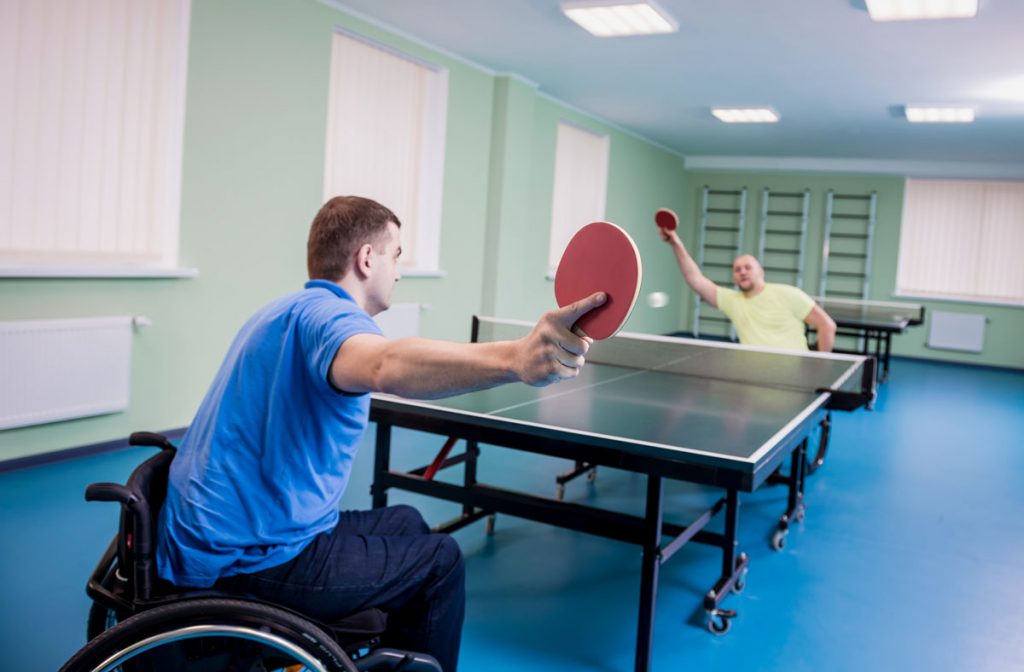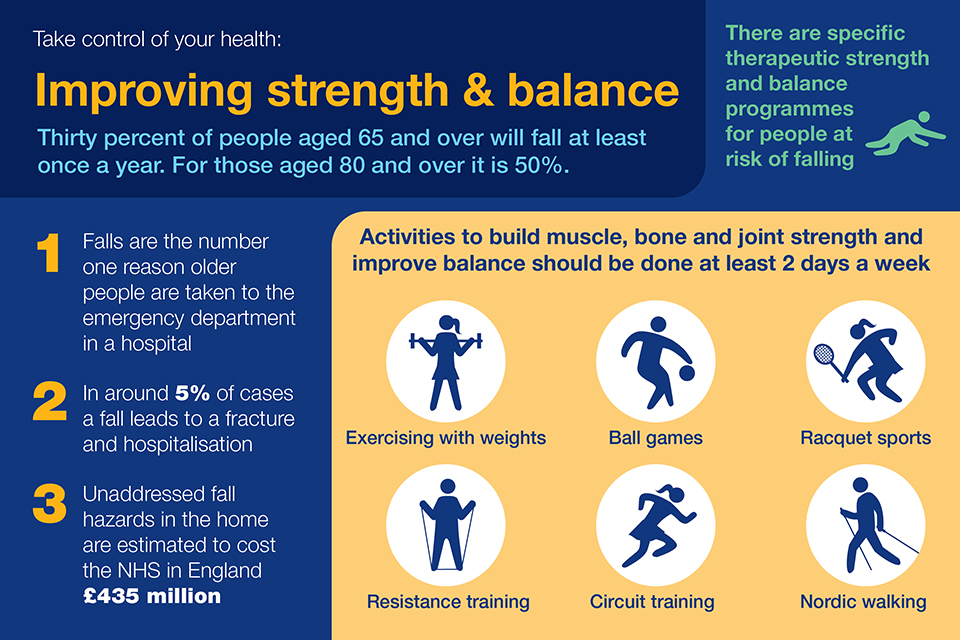The Greatest Guide To Dementia Fall Risk
The Greatest Guide To Dementia Fall Risk
Blog Article
Some Of Dementia Fall Risk
Table of ContentsLittle Known Questions About Dementia Fall Risk.The 7-Minute Rule for Dementia Fall RiskThe 4-Minute Rule for Dementia Fall RiskSome Known Factual Statements About Dementia Fall Risk All About Dementia Fall Risk
In the community, poor road illumination or vulnerable creeks and landfills might also trigger mishaps. Autumns Threat Evaluation Device (FRAT) is a 4-item falls-risk screening device for sub-acute and property treatment. The FRAT has 3 areas: drop threat standing, threat variable list, and action strategy. A Loss Danger Status includes data regarding background of current drops, medications, emotional and cognitive standing of the individual.If the individual scores on a danger factor, the matching number of factors are counted to the individual's fall risk rating in the box to the far. If an individual's autumn risk rating totals 5 or higher, the individual is at high threat for drops. If the patient scores only four points or lower, they are still at some risk of falling, and the registered nurse must utilize their finest scientific assessment to take care of all autumn danger aspects as component of an alternative care plan.
These typical strategies, in basic, help develop a safe setting that lowers accidental falls and defines core preventative measures for all clients. Signs are important for patients at risk for falls.
Top Guidelines Of Dementia Fall Risk
Wristbands should include the patient's last and first name, day of birth, and NHS number in the UK. Just red color should be used to signal special patient condition.
Products that are too much may call for the patient to reach out or ambulate needlessly and can possibly be a threat or add to drops. Assists stop the individual from going out of bed without any type of help. Nurses reply to fallers' telephone call lights faster than they do to lights launched by non-fallers.
Aesthetic disability can significantly cause falls. Hip pads, when used effectively, might minimize a hip fracture when autumn occurs. Keeping the beds closer to the flooring decreases the risk of drops and significant injury. Positioning the bed mattress on the flooring dramatically lowers autumn risk in some medical care settings. Reduced beds are designed to lessen the range a client drops after moving out of bed.
Little Known Questions About Dementia Fall Risk.
Patients who are high and with weak leg muscular tissues who try to remain on the bed from a standing setting are likely to fall onto the bed since it's as well reduced for them to decrease themselves safely. Likewise, if a tall individual efforts to obtain up from a low bed without support, the individual is likely to drop back down onto the bed or miss out on the bed and drop onto the flooring.
They're designed to promote prompt rescue, not to protect against falls from bed. Apart from bed alarm systems, enhanced supervision for high-risk clients likewise may help prevent drops.

Individuals with a shuffling gait increase loss possibilities considerably. To decrease fall threat, footwear must be with a little to no heel, thin soles with slip-resistant tread, and sustain the ankles.
The Ultimate Guide To Dementia Fall Risk
Clients, specifically older adults, have lowered visual ability. Lighting a strange environment helps raise visibility if the individual must rise at night. In a research, homes with sufficient lights go to the website record fewer drops (Ramulu et al., 2021). Enhancement in lights at home may lower fall prices in older adults (Dementia Fall Risk). Making use of stride belts by all health care providers can advertise safety when helping individuals with transfers from bed to chair.

Caretakers are reliable for guaranteeing a secure, secured, and secure setting. Research studies demonstrated very low-certainty evidence that caretakers lower autumn threat in intense treatment healthcare facilities and just moderate-certainty that choices like video clip surveillance can minimize sitter click for source usage without raising fall risk, recommending that caretakers are not as helpful as initially thought (Greely et al., 2020).
The Best Strategy To Use For Dementia Fall Risk

Increased physical fitness decreases the risk for drops and limits injury that is received when autumn transpires. Land and water-based exercise programs might be similarly beneficial on equilibrium and gait and thereby reduce the danger for drops. Water workout may add a positive benefit on equilibrium and gait for women 65 years and older.
Chair Surge Workout is a basic sit-to-stand workout that aids reinforce the muscles in the upper legs and butts and boosts wheelchair and self-reliance. The goal is to do Chair Increase workouts without utilizing hands as the customer becomes more powerful. See resources area for a detailed direction on just how to carry out Chair Surge exercise.
Report this page